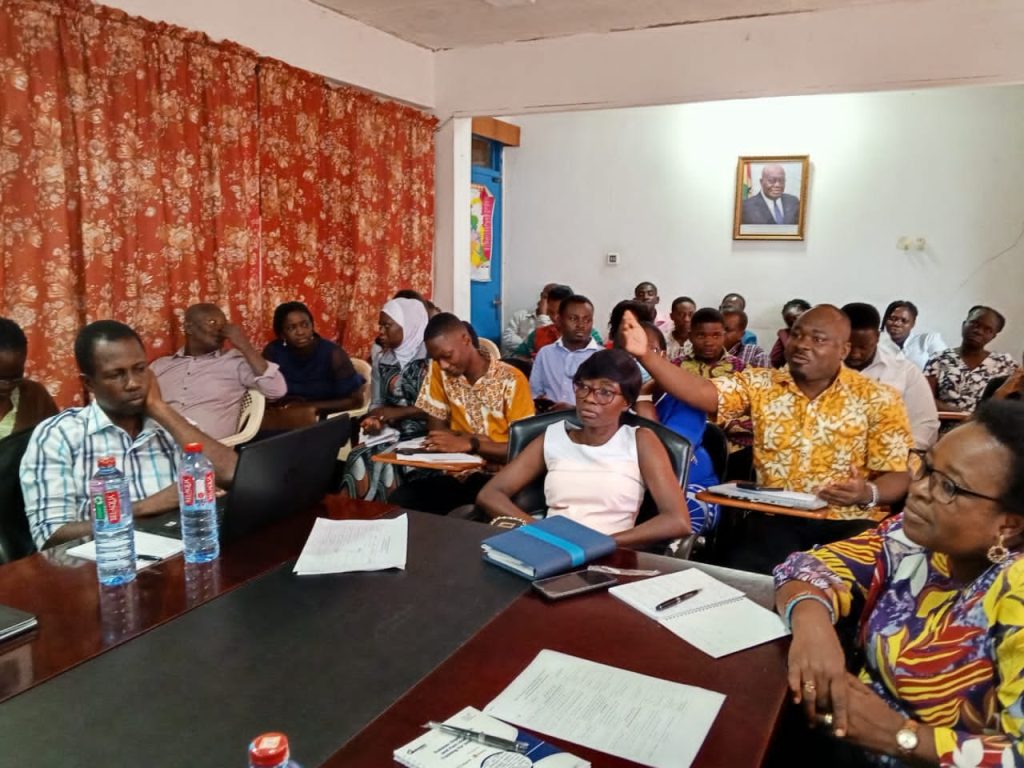By Eunice Hilda A. Mensah
Accra, April 08, GNA – The Ghana News Agency (GNA) in partnership with Dubawa, a West African independent verification and fact-checking project, has organised a digital skills and fact-checking training for Reporters and Editors of the Agency.
The training, sponsored by Google News Initiative, is to sensitise participants on the importance of fact-checking and how to fact-check data and information in the discharge of their duties in order not to misinform, dis-inform or mal-inform the public.
The project is initiated by the Centre for Journalism Innovation and Development.
Mrs Beatrice Asamani Savage, the Director of Editorial, GNA, underscored the need for fact-checking before a story was published to enable reporters to produce factual and authentic news reports.
“As Journalists, we don’t have to take everything that persons in authority say as accurate or true, as we have a duty to accurately inform our audience. As a News Agency, we need to make sure we are accurate and factual at all times,” she advised.
Mr Nathaniel Kyere Bekoe, a Fact Checker in Dubawa, who took participants through “Information Disorder”, said information disorder had seven types – satire or parody, misleading content, imposter content, fabricated content, false connection, false context and manipulated content.
He admonished Journalists to be cautious in the discharge of their duties in order not to employ information disorder in their write-ups.
Ms Maxine Danso, a Communications Officer, Dubawa, speaking on “Fact-Checking Steps and Methodology”, said Fact checking was a process of confirming whether a piece of information was true or misleading.
For journalists to possess the skills of fact-checking, she entreated them to have good writing and research skills, analytical and critical thinking ability, and be aware of social issues.
They were also to be objective, knowledgeable in diverse topics, have interpersonal skills, be computer literate and have the ability to promptly meet deadlines.
Speaking on researching, Ms Danso asked them to use internet search, geographical mapping, calls, and documents to aid in their research.
She also cautioned them to desist from trying to fact-check opinions, promises/caveats/predictions, and satire/jokes and estimates.

“Let your copy flow, be transparent with your write-up, present all sides without being biased, insert links when necessary, break down the jargon, and ensure you self-edit and get your reports edited by another person before publication,” she added.
The two-day training is to equip the participants with fact-checking skills ahead of the December polls.
GNA